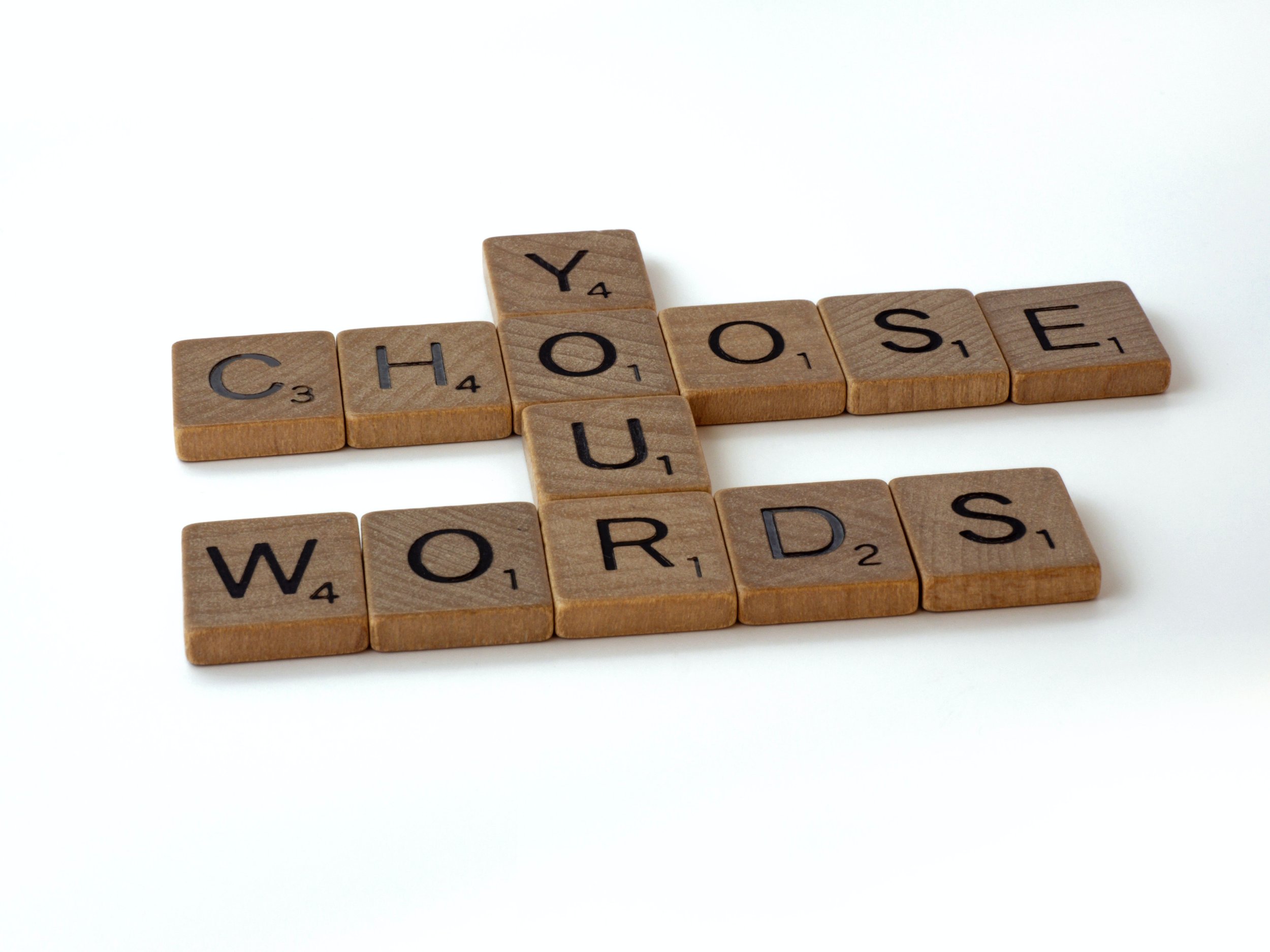Depression

Many people struggle with body image, especially with societal pressures and constantly seeing perfectly photoshopped celebrity bodies online. However, it is important to remember that there is no standard of beauty and you are beautiful just the way you are.

New Years has recently passed and many of us have set resolutions or goals we want to accomplish in 2023. For many of us, as great and important as these goals may be, we might find it difficult to stick to and achieve them. Many times we might find it difficult to start working towards our goals, or if we start, we might stop shortly after beginning. Although there are several factors that may contribute to our difficulties in achieving our new goals, one common one is that these goals are often too large or too vague. One strategy we can use to help us toward reaching our goals is by setting “SMART” goals. SMART is an acronym for Specific, Measurable, Attainable, Realistic and Timebound. These components work together to help to keep us motivated as we start and progress toward our goals.

Whether it be with our partners, friends, family or a stranger in a grocery store, disagreements, arguments and conflict can happen. They are a normal part of our relationships and even the healthiest of relationships experience them. However, just because everyone experiences them, does not make them any easier to deal with. In fact, in the heat of the moment, even the smallest of disagreements can feel like they begin to spiral out of control and end up turning into a much bigger problem. To navigate these disagreements, there are some strategies we can use to reduce the intensity of the disagreement and possibly even end it in a better place than it began. Although it “takes two to tango”, just one person changing their behavior and responses in a disagreement can change the course of the conversation.

It’s 2023 & social media platforms such as Facebook, Instagram, Snapchat, Twitter & Tik Tok are all the rage. Technology allows us to live in a world where we can connect socially with others without actually getting together in person. Engaging in social media produces dopamine in the brain, otherwise known as the “feel good” chemical. This rush of dopamine is what motivates us to continuously check our social media apps in the search to feel good.
There are some benefits to social media use such as reconnecting with family & friends that live around the world. Finding new friends in your community & getting involved in social causes that need awareness. Connecting socially if you are housebound or live remotely without access to others. Lastly, it gives us the ability to seek emotional support from others, while providing this type of support in return. Therefore, social media is not all bad & can be used in moderation to enhance our lives.

What is self-talk & why does it matter? Self-talk is just that, the way you speak to yourself. It is your inner voice comprised of conscious thoughts, beliefs & biases that creates the monologue in your head. Whether you are aware of your patterns of self-talk or not, it is there. Self-talk has the ability to tear you down or lift you up- it all depends if your self-talk is positive or negative.
If your inner voice is consistently negative, it acts as a harsh critic & promotes pessimism in your life. Negative self-talk decreases self-esteem & confidence, causing you to feel badly about yourself. It will keep you from succeeding and it will fool you into thinking you will always fail. Negative self-talk causes endless cycles of rumination that lead to increased levels of depression & anxiety. This negativity often distorts reality causing you to see the world through a negative lens. So, I ask you, how can you possibly feel good or have a good day when your thought stream is consistently negative? The bottom line is, you can’t. Keep reading & you will learn how to change those negative thoughts into positive ones in order to live a happier life.

Whether you celebrate Christmas, Hanukkah, or don’t celebrate any holiday at all, this time of year can be particularly not the jolliest time for some. In fact, the celebrations, the get-to-togethers, the gifts, or realizing that your family are not people you look forward to seeing can be difficult to admit. Perhaps you do not have any close friends or family and this time of year is a glaring reflection of that. This is a typically stressful time for most people whether you have excitement and parties to look forward to or not. The logistics of planning something, financially making the season work for you, the pressure to get the holiday cards out, bake the cookies, buy the food, clean the house, put up the decorations, and deal with the family drama that may ensue from hosting the holiday this year can be especially draining. If you are someone who does not celebrate at all, or being around your family is a trigger, this can be a vulnerable time for you. The seasons are changing, it’s getting darker earlier, and it can be a bitter fight to stay sober, not relapse with substance use, eating disorders, or general mental health.

Getting fired is more common than some may realize. A company can have numerous reasons for letting go of an employee such as budgeting, creative differences, or unsatisfactory performance. It is important that you find ways to navigate this stressful life change.

Words and the language we use in our daily lives have a significant impact on how we view ourselves and the world around us. As many of us have seen or experienced, even how something is worded can influence our interpretation and reaction of what was said. However, this is not only the case for the person listening. The language we use can shape and reinforce our own views, thoughts and mood, for better or for worse. In both scenarios, whether we are listening to someone else or saying something ourselves, the language we use can contribute to how we respond or behave in any given situation.

Mental health and physical health have commonly been considered two entirely different and separate things. However, the two are very closely related in many different ways. At the broadest level, poor mental health negatively impacts one’s physical health and poor physical health may negatively impact one’s mental health. However, positive physical health promotes improvements in mental health and vice-versa. Many factors contribute to both one’s physical health and mental health; however, the benefits, or consequences, one has on the other are significant.

The mind and body are often seen as separate, but mental health and physical health are closely related. Having good mental health can positively affect your physical health, as well as the reverse.